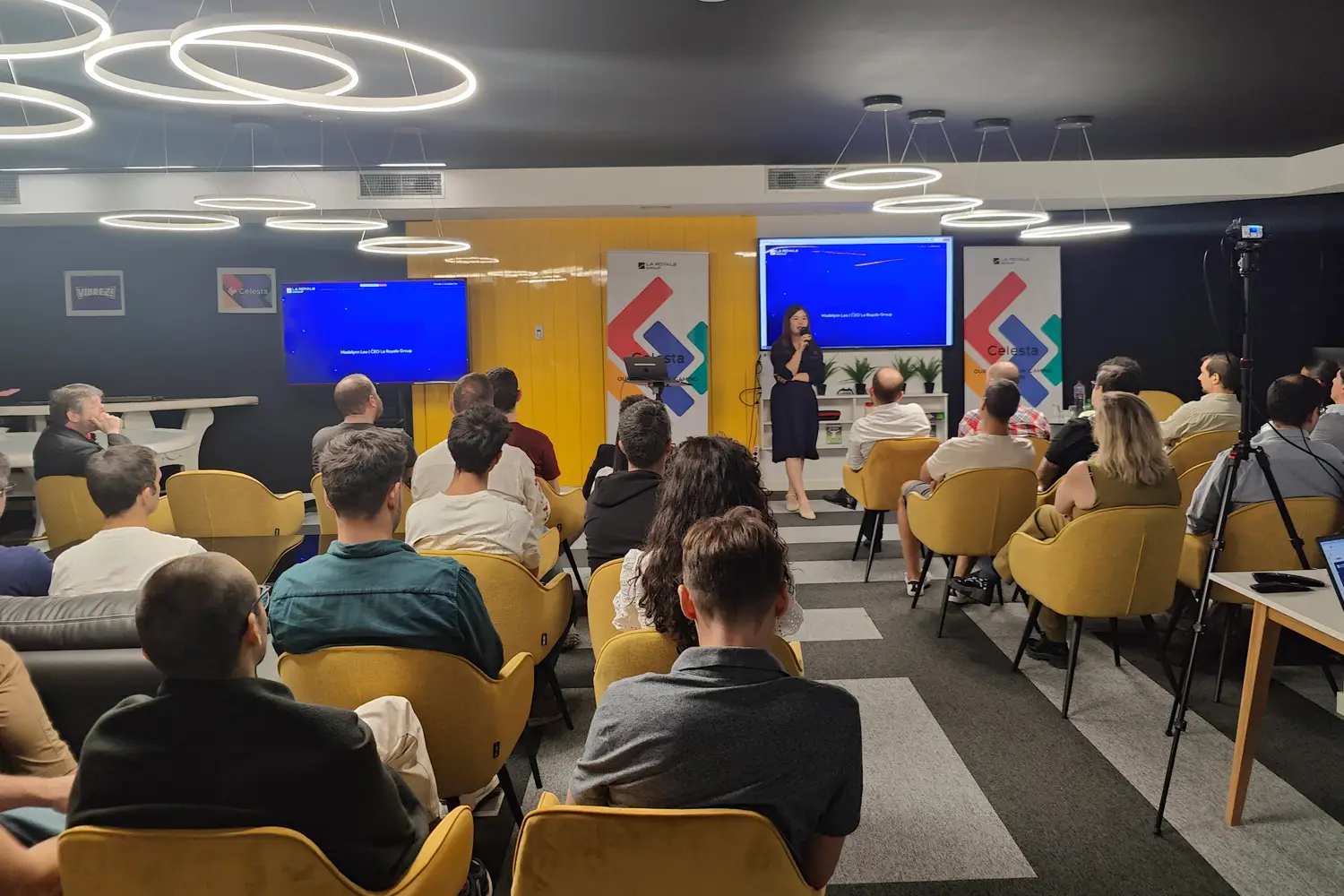
News & Insights
How the Next Generation of Tech Leaders Are Navigating the AI Shift

In recent years, large global tech firms have proven to be resilient. Unlike earlier decades when disruptive innovations reshaped the market’s upper tier, today’s tech leaders (Amazon, Microsoft, Uber, ByteDance, Meta) have retained their dominance by adapting quickly and reinventing themselves.
But the rise of generative and agentic AI introduces more layers of competition across the tech stack. From infrastructure to applications and devices, new entry points are emerging for high-growth companies - many of which are scaling rapidly.
Expanding Competition
The competitive map looks far more crowded today than during the shift to cloud computing. Each of these fronts creates new pressure for dominant tech companies. While they have advantages in scale, data, and capital, new players are able to move with extraordinary speed. Now, opportunity is spread across multiple layers:
Infrastructure
Start-ups like CoreWeave are carving out a niche with GPU-as-a-service built specifically for AI, often delivering better performance at lower cost than traditional providers. On the other hand, Nvidia is doubling down with “AI factories” - specialized data centers designed for the AI era. Governments are also pushing sovereign infrastructure, hoping to reduce reliance on U.S. tech giants.
AI Models
OpenAI, Anthropic, and Mistral have shown that breakthrough innovation isn’t limited to big tech. Backed by early funding, including from the hyperscalers themselves, these firms are proving to be highly competitive in foundation models.
Applications
Challenger products like Anysphere’s AI-powered code editor, Cursor, are gaining traction fast. Valued at $9 billion only a few years after launch, Cursor reinforces that best-in-class execution still wins against large big tech products.
Devices, Search, and Browsers
From AI-enabled smartphones and chatbots, to new AI-first browsers, the physical interfaces people use everyday are becoming a new competitive ground for tech giants and newcomers. Wearable devices are also key touchpoints for AI adoption. Apple’s AirPods now offer live translation through iOS 18, while Meta’s Ray-Ban AI glasses enable real-time translation and object recognition.
Uncertainties Shaping the AI Market
Beyond direct competition, multiple dynamics are unfolding. Together, these dynamics add significant uncertainty to the environment than previous tech cycles, where disruption was largely about new platforms or new devices.
Agentic AI:
Tools that can complete complex workflows without human input could upend the traditional enterprise software model. Instead of point solutions, companies may look for AI systems that deliver end-to-end outcomes.
Regulation:
Governments are increasing their scrutiny on AI safety and data privacy at major tech firms. Many are also looking to build sovereign AI capabilities, reducing reliance on foreign leaders.
Quantum Computing:
While this field is still in its infancy, quantum computing looks to be transformative by redefining problem-solving in AI, logistics, and material science. Early breakthroughs could reshape cybersecurity and cloud - introducing new winners that overtake today’s tech leaders.
What Does This Mean for Tech Companies?
Innovation, talent, and speed are just as critical as scale when it comes to navigating the AI shift. Legacy firms looking to break into the top tier are moving towards investing in AI innovation, enhancing capabilities through acquisitions and partnerships, and using customer relationships as a bridge into the future.
While start-ups may lack the resources of major tech firms, they often have the advantage of speed. Smaller companies can pivot and adopt new AI technologies faster than large organisations, which typically face longer alignment and implementation cycles. This agility helps high-growth players stay competitive, even in areas that demand significant investment.
AI is already reshaping the competitive tech landscape. This era introduces more challengers, capital, and volatility than any previous cycle, and while other industries have been slower to adopt, AI’s disruption is expected to extend well beyond tech companies. Across sectors, early movers willing to adapt will have an advantage.
About La Royale Group
La Royale Group supports future-focused businesses across high-growth sectors, including fintech, gaming tech, marketing, AI and cybersecurity. Backed by deep operational expertise and strategic insight, we power growth for the future.
